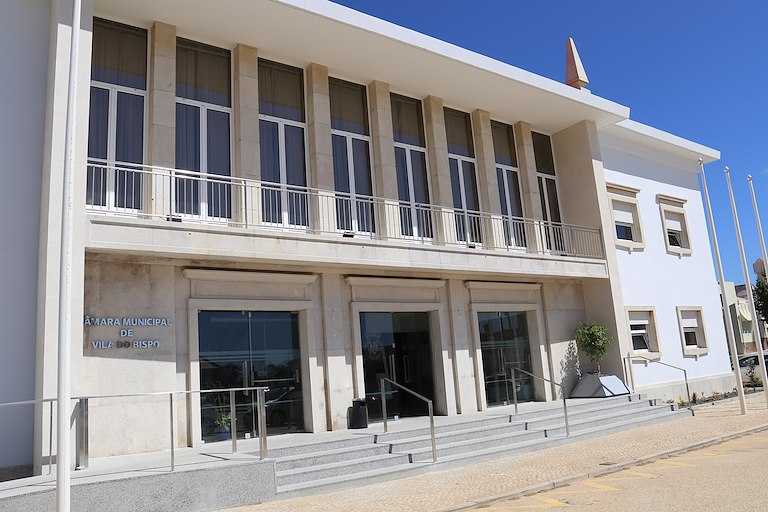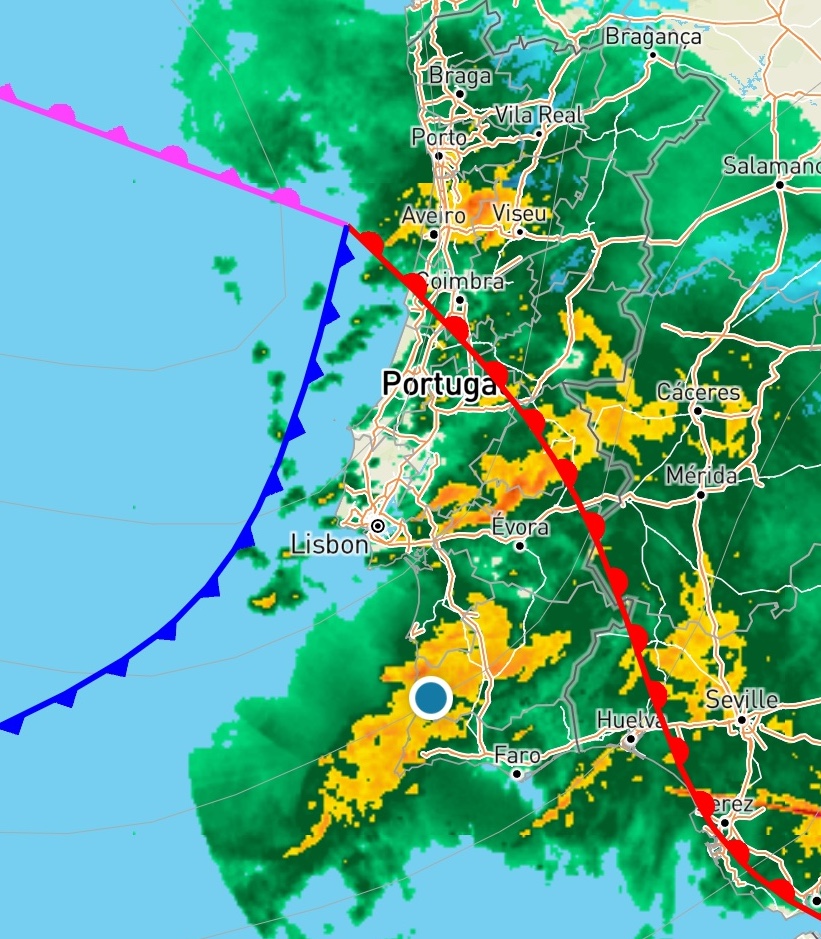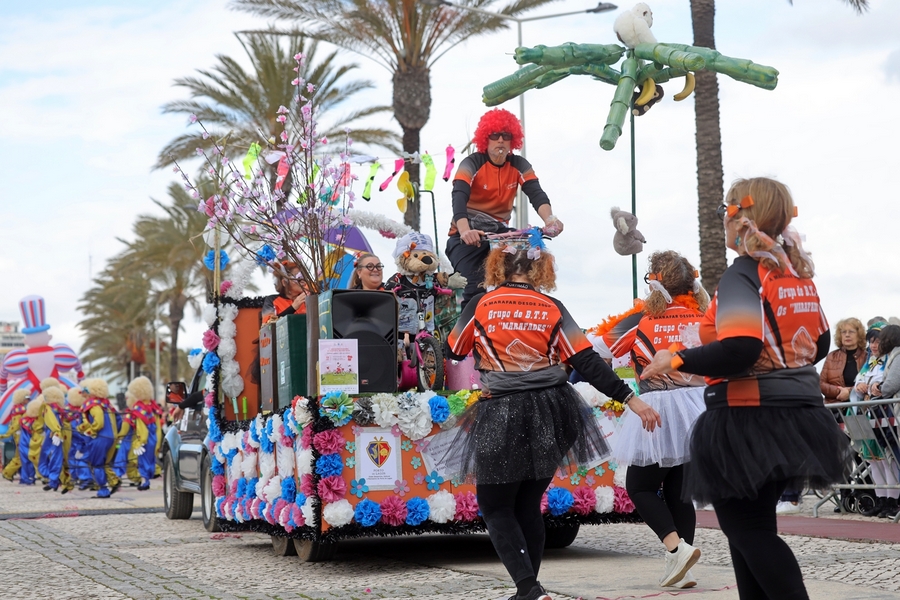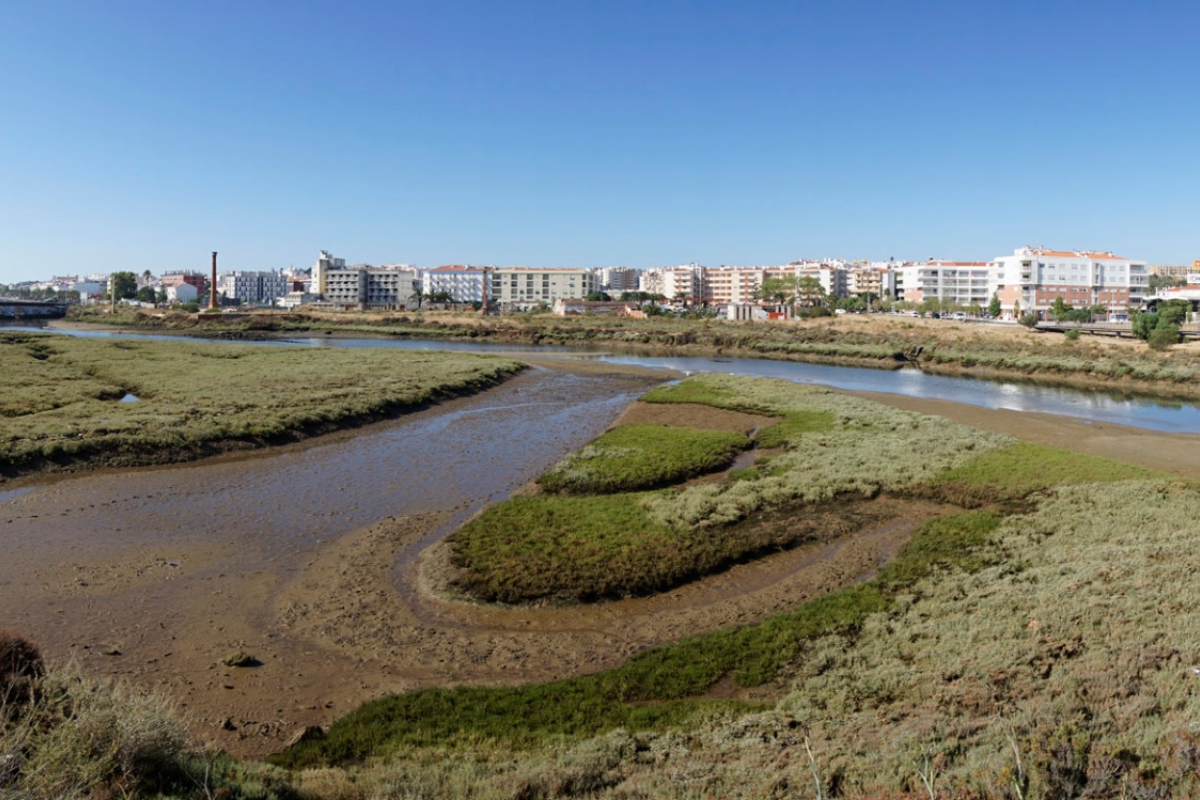How Paul Lane Conquered Portugal, One Bifana at a Time
I wasn’t sure what to expect when I met The Great British Tuga. A content producer with over 26,000 followers and an appearance on the Portuguese news certainly isn’t my normal interviewee. Yet, this was an exclusive interview Tomorrow was keen to secure.
The man behind the social media sensation, known for greeting his audience with “Bom dia shaggers”, is Paul Lane. What I discovered was a thoughtful and hard-working guy who, despite his viral success, still couldn’t quite believe his own fame. His journey to becoming a cultural phenomenon in Lisbon is a narrative worthy of any magazine – a story of taking risks, battling personal demons, and finding unexpected purpose in a new country.
The unavoidable rise of digital culture
It would be easy to be snobbish about the world of TikTok and short-form media. As an editor in traditional publishing, I understand the inherent scepticism towards content that sometimes feels ephemeral, relying on quick hits and catchphrases like “Bom dia shaggers” or “Lizzie Lisbon”. However, whether we like it or not, in an era of constant scrolling, this type of digital content is the big news.
I have come to accept that Paul’s videos likely garner way more views than my own articles, and, truly, that’s alright by me. Beneath the surface-level humour and self-deprecating online title lies a guy on a mission similar to ours here at Tomorrow: celebrating Portuguese food, history, landmarks and culture, albeit delivered through a different, highly popular medium. Those who dismiss it do so at their peril.

From heartbreak to heroic escape
Paul’s journey to Lisbon was not paved with careful planning; rather, it was the result of emotional turmoil and a spontaneous decision. Originally from Birmingham, Paul had a fiancée in England, but the relationship ended. He admitted he wasn’t coping well with the breakup. Just two weeks after the split, fuelled by a few drinks, he booked a flight to Portugal on a whim – there was “zero planning involved”.
It was a dramatic departure, echoing a failed earlier attempt at life abroad. Back in 2015, Paul had lived in Barcelona, but he was only 21 then – he describes himself as a “kid” – and that experience “didn’t end great”. This time, his goals were modest. He arrived with a set amount of money and he told himself he would be happy if he managed to stay for just six months, viewing it as simply a necessary break from the UK to “chill out”.
However, his impulsive leap was swiftly rewarded. He ended up securing residency before Brexit, which he admits was lucky. They actually pushed his application to the front of the queue because of Brexit, and he secured residency quickly. Within about two months of being in Portugal, he landed a job with Fujitsu, and, from that moment, he has “never looked back”.
Today, Paul holds a full-time job in IT tech support. But it is the sheer dedication he pours into his second career as a content creator that is truly impressive. He handles both roles, reserving his weekends for content curation, ensuring he has material ready for the coming week.
The accidental birth of an icon
Paul’s viral success wasn’t instantaneous; it was the result of persistence through previous failures. His first attempt at digital content was a page dedicated to the Cost of Living in Portugal. He would video supermarket discounts at places like Pingo or Mini Preço. “I thought it was a cool thing to do that might help people. Unfortunately, it required a lot of effort and didn’t really do very well.”
Paul, with his determined mindset, shifted focus to creating videos comparing the cost of living in Portugal to the UK, discussing supermarket prices, salary differences, and rental disparities. These videos performed “okay”, leading him to change his account name to Brit Abroad in Portugal. One of his salary comparison videos began to grab attention, hitting around 20,000 views, which was significant for his early efforts.
The pivotal moment arrived randomly, outside a McDonald’s. Paul was about to film the introduction to a video where he planned to try the famous Portuguese bifana sandwich. “I suddenly thought, forget Brit abroad, and instantly came up with the name, The Great British Tuga. That was it.” His now-iconic opening line emerged naturally: “Bon dia shaggers, it’s your great British Tuga.” The “shaggers” catchphrase, it turns out, is a slightly adapted Birmingham expression.
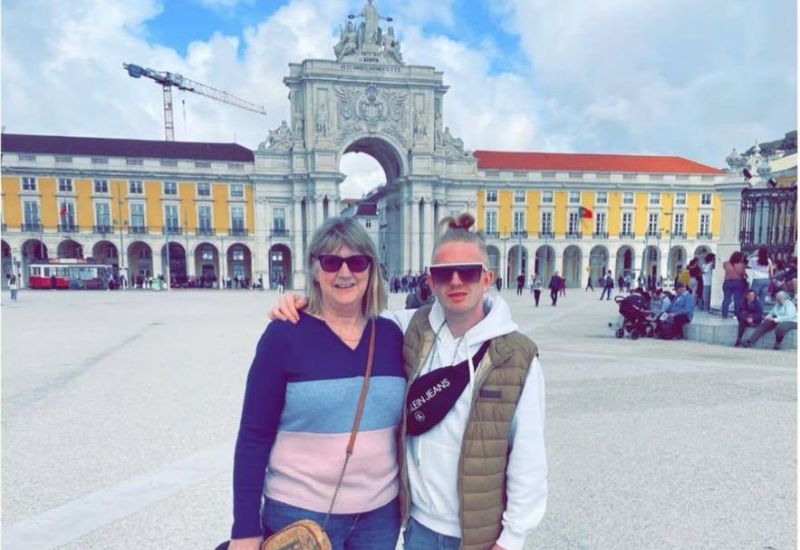
Going viral and losing privacy
The new Tuga persona immediately grabbed attention, but publicly putting himself out there for the first time felt risky. He worried about potential backlash, knowing online users can “destroy you for anything”.
The Tuga persona is genuine, however. What viewers see on camera is what they get in person: “It’s me. All the videos you see of me online. It’s not like I do the video ten times. I freestyle it.” He describes himself as “a bit of a clown, a bit funny … a bit of a joker guy, really.”
His first video that truly “blew” was one discussing the “terrible graffiti” and “disgraceful” scrawling on people’s houses in Almada and Lisbon. This post, which highlighted that the non-descript spray can markings were vandalism, not art, received over 300,000 views and a lot of engagement.
When his videos started going viral, Paul was gaining approximately 1.6 thousand followers per day. The followers kept climbing; he now has nearly 26,000 followers. His fame reached a surreal height when he was picked up by Portuguese television. Paul was unaware of his appearance on the Sic programme until people started trolling him on TikTok Live, insisting he had been on TV the previous night. He initially dismissed them, but the truth hit him later that day while walking to a café to film a bifana video. “People in restaurants were pointing and tapping their partners. Upon walking into the café, the owner knew exactly who I was.” The recognition intensified: he remembers leaving work for a 30-minute lunch break, going to Pingo and returning, and being stopped seven times. Now, if he goes out, he is stopped for sure, with cars beeping their horns and people shouting “shagger” from windows. He finally realised, “This isn’t a joke anymore.”
This sudden fame has come at a cost; Paul admits his privacy is “a little bit gone”. His mother was initially sceptical, advising him to be careful, although she has now come around. The loss of anonymity became painfully clear when he recently went to the doctor’s for a private matter, only to find the security guard and reception staff knew who he was.
The true Tuga: mission and method
Paul’s appeal crosses cultural boundaries. While his humour and British distinctiveness resonate with expats and people considering moving (he admits he looks “very British”), his core audience is primarily Portuguese, including many who live abroad in Canada, the UK and Europe.
The Portuguese seem to appreciate that Paul genuinely champions their culture. He doesn’t just eat the food – like the calorie-dense Francesinhas (a “heart attack on a plate”) – he also showcases the nation’s history, filming posts on the areas he visits, such as the Cathedral of Porto and its library. This dedication earns him “brownie points from the Portuguese”.
He also acts as an inadvertent guide for expats, noting that his posts, like the helpful one showing where to buy proper English bacon at Pingo, are useful. More profoundly, his story demonstrates that people can move to a new country and start afresh. “I think I show that you can go out into the big world, rather than needing to stay in one place and work a set job.”
Despite his constant on-camera eating, Paul is keen to dispel the misconception that he solely consumes greasy, fried, oily food. He maintains a healthy balance at home, eating spinach, oats, greens, fruits and vegetables during the week, while reserving the “binge” moments for the weekend.
Paul’s unique content creation style requires minimal assistance. Most videos are filmed when he is alone, leaning his phone against objects like an empty glass on the table. He has “no social barrier”, often just getting his tripod out and starting to record himself in public. His commitment to immersion is evident in his Portuguese learning, as his most recent video is entirely in Portuguese.
Paul is committed to staying in Portugal, with Lisbon as his current long-term base. He has big plans for content expansion and intends to dedicate next summer to exploring the Algarve and Alentejo. Collaborations are also a focus; he recently filmed with Pedro (@pedrofoodbible), a Portuguese creator, where Paul learned to try new things, like eating oysters with a hangover!
One opportunity that currently has him deliberating is a potential skydive over the Algarve in exchange for content. Despite his fear of heights, he recognises it is a “once in a lifetime” opportunity that would create excellent, guaranteed viral content.
Ultimately, Paul is attempting to manage this new celebrity while juggling a full-time job, recognising he needs to continue his efforts if he wants to successfully monetise his work and secure a contract that could eventually allow him to step away from IT.

A new chapter
Meeting Paul Lane was illuminating. It confirmed that this new generation of digital creators, who deliver stories and connect cultures via phone screens, often share the same goals as traditional publishers. They are passionate, dedicated, and, critically, they are shining a light on the aspects of life we hold dear.
Paul Lane, the former heartbroken Birmingham lad who spontaneously booked a flight to Portugal, has clearly found his place. He is successful, recognised, and, most importantly, fulfilling a mission to showcase the country he now calls home.
We look forward to seeing the Tuga continue his growth. Keep up the good work, shagger!
Instagram: @thegretbritishtuga
TikTok: @thegreatbritishtuga
Did you know?
Tuga is a slang term from Portuguese which is a clipping of ‘Portuga’ and refers to a Portuguese person. While it was once derogatory, it is now often used informally and affectionately by the Portuguese themselves. It can also be used to describe something that is authentically Portuguese.

